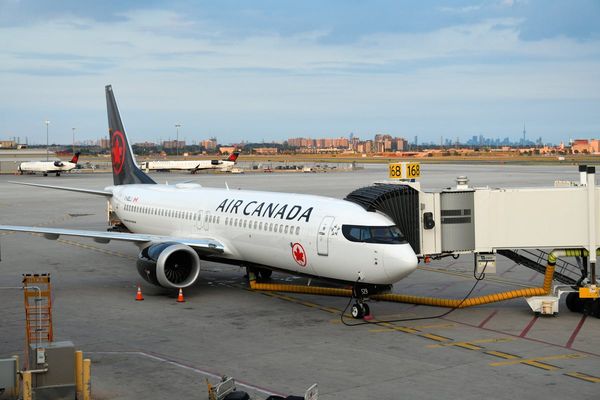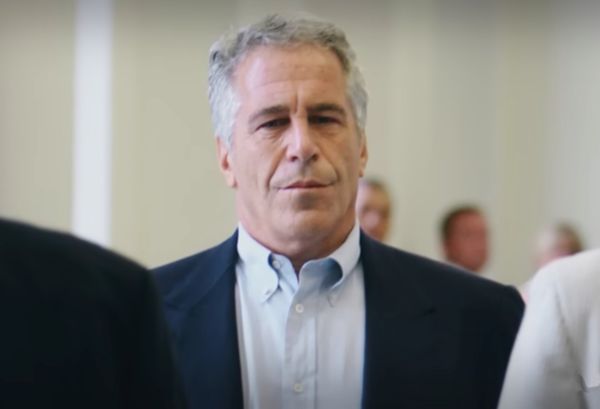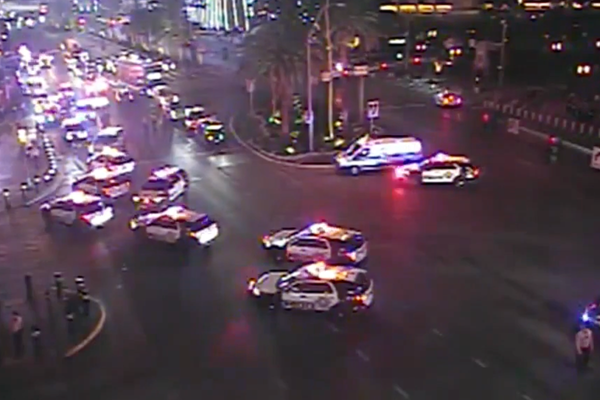
Sexual violence and harassment experienced by Melbourne concert-goers and live-music industry employees is rife, leaving the majority of them feeling unsafe, according to a report by Monash University.
The study, which included a survey of 126 women and non-binary people across the metropolitan region, found groping and harassment was common, with 60% of respondents feeling unsafe in music venues and production studios.
The lead researcher, Dr Andrea Jean Baker, from Monash’s school of media, film and journalism, said the report focused on Melbourne because it is a city renowned for its live music.
“We’re also on track to become the most populated city in Australia and we need to address this in urban spaces,” she said.
Baker said she was disheartened by the report’s finding that less than 10% of the victim-survivors respondents sought help or counselling. “There’s a fear of and shame of speaking out.”
The Melbourne lord mayor, Sally Capp, whose council provided funding for the report, said work would continue with the music industry, police and other stakeholders “to improve safety and security in and around venues”.
“Everyone deserves to feel safe in our city, no matter where they are or what time of the day,” Capp said.
Last year a landmark report – Raising Our Voices – found more than 50% of workers in Australia’s music industry had experienced sexual harassment or harm in the workplace.
Baker said the Monash report focused on including the experiences of audience members and found they were more likely to speak up about violence and harassment.
“Music workers are really shrouded more by that code of silence,” she said. “It’s the audiences that can lead this revolution towards diverse and safe spaces because they’ve got more freedom to speak out.”
A third of music punters said they reported an incident to a venue but 80% of respondents never reported incidents of sexual violence.
One survey respondent said they were ejected from the venue after hitting a man who assaulted them.
“In the last incident of assault I reacted by punching the guy, and I was thrown out by security after I explained what happened,” they said, according to the report. “I was staying in a hotel in the city with friends but having been separated from them I had to walk back alone.”
The report concluded that sexual violence disempowered workers, and deterred people from working in the industry and audiences from taking part in the city’s music scene. More than one-third of music workers said they had considered leaving the industry due to sexual harassment.
The majority of respondents (85%) were cisgender white women aged between 25 and 44. Baker acknowledged that marginalised groups are often more fearful of speaking out about harassment.
Titled Examining Sexual Violence in the Music City of Melbourne, the report makes five recommendations, including improving training for security staff, boosting phone counselling services and introducing policies to address sexual violence.
It also urges governments to block funding to music festivals, record labels and radio stations if they do not meet gender diversity, inclusion and equity criteria.
“Implementing [the report’s] recommendations will help to ensure Melburnians and visitors can enjoy our city’s world-class music scene without fear of sexual violence,” Capp said, adding that the council’s latest budget commits $5.7m to boost safety in the city.
Baker pointed to a Victorian government bill, which passed last year, that improves protections for victim-survivors of sexual offences by adopting an affirmative consent model, and a sexual violence training program for live music venues, established in Melbourne in 2021, as examples of changes.
In January the federal government announced a $300m national cultural policy, Revive, would establish a centre to reduce sexual harassment in the arts and entertainment industry.
In Australia, information and support for anyone affected by rape or sexual abuse issues is available at 1800Respect (1800 737 732)







